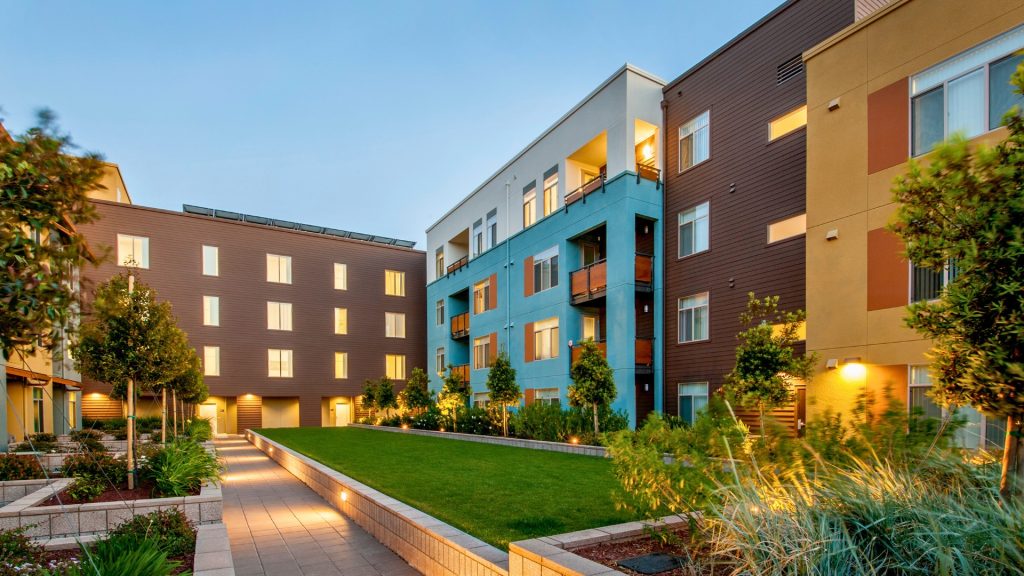Introduction
Dubai has become a global hub for real estate investment, attracting investors from all over the world. If you’re considering purchasing property in Dubai as a foreign investor, it’s important to understand the process and legal requirements involved. This article provides a comprehensive guide to help you navigate the property buying process in Dubai smoothly and confidently.
Understanding Property Ownership for Foreigners in Dubai
Dubai allows foreign investors to buy property in designated areas known as freehold zones. These areas include popular locations such as Dubai Marina, Palm Jumeirah, and Downtown Dubai. As a foreign investor, you have the right to full ownership of property in these zones, whether for residential or commercial purposes.
Step-by-Step Guide to Buying Property in Dubai
1. Research and Choose a Property:
- Start by researching the Dubai real estate market to identify areas and properties that match your investment goals. Consider factors such as location, property type, and potential return on investment.
2. Engage a Real Estate Agent:
- Hiring a reputable real estate agent with experience in dealing with foreign investors can make the process smoother. They can help you find suitable properties, negotiate prices, and handle paperwork.

3. Verify Legal Requirements:
- Ensure you meet the legal requirements for buying property in Dubai. This includes having a valid passport and, in some cases, a residence visa. Your real estate agent can guide you through these requirements.
4. Make an Offer and Sign a Memorandum of Understanding (MOU):
- Once you’ve chosen a property, make an offer through your agent. If accepted, you’ll need to sign a Memorandum of Understanding (MOU) with the seller. This document outlines the terms and conditions of the sale.
5. Pay the Deposit:
- A deposit, usually 10% of the property price, is required to secure the property. This amount is typically non-refundable.
6. Obtain a No Objection Certificate (NOC):
- The seller must obtain a No Objection Certificate (NOC) from the developer, confirming that there are no outstanding service charges or other issues with the property.
7. Finalize the Sale:
- The final step involves signing the sales agreement at the Dubai Land Department (DLD) and paying the remaining balance. The property title deed will be transferred to your name upon completion of the payment.
8. Registration and Fees:
- Register the property with the DLD. Be prepared to pay registration fees, which are typically 4% of the property value.
Financing Options for Foreign Investors
Foreign investors can finance their property purchase in Dubai through local banks. Many banks offer mortgage options to non-residents, subject to certain eligibility criteria. It’s advisable to consult with multiple banks to compare interest rates and terms.
Legal Considerations and Fees
1. Legal Fees:
- Hiring a lawyer to oversee the transaction can be beneficial. Legal fees usually range between 1% to 2% of the property price.
2. Transfer Fees:
- Transfer fees payable to the DLD are typically 4% of the property value.
3. Agent Commission:
- Real estate agents usually charge a commission of 2% of the property price.
Conclusion
Purchasing property in Dubai as a foreign investor can be a rewarding experience, provided you understand the process and legal requirements. By following the steps outlined in this guide and working with experienced professionals, you can make a sound investment in Dubai’s vibrant real estate market. Ready to take the next step? [Contact us today for more information and assistance.]
FAQs
Q: Can a foreigner buy property in Dubai?
- A: Yes, foreigners can buy property in designated freehold areas in Dubai.
Q: What documents are needed to buy property in Dubai?
- A: Typically, you’ll need a valid passport, and in some cases, a residence visa.
Q: What are the costs associated with buying property in Dubai?
- A: Costs include a 10% deposit, 4% transfer fees, agent commissions, and legal fees.



